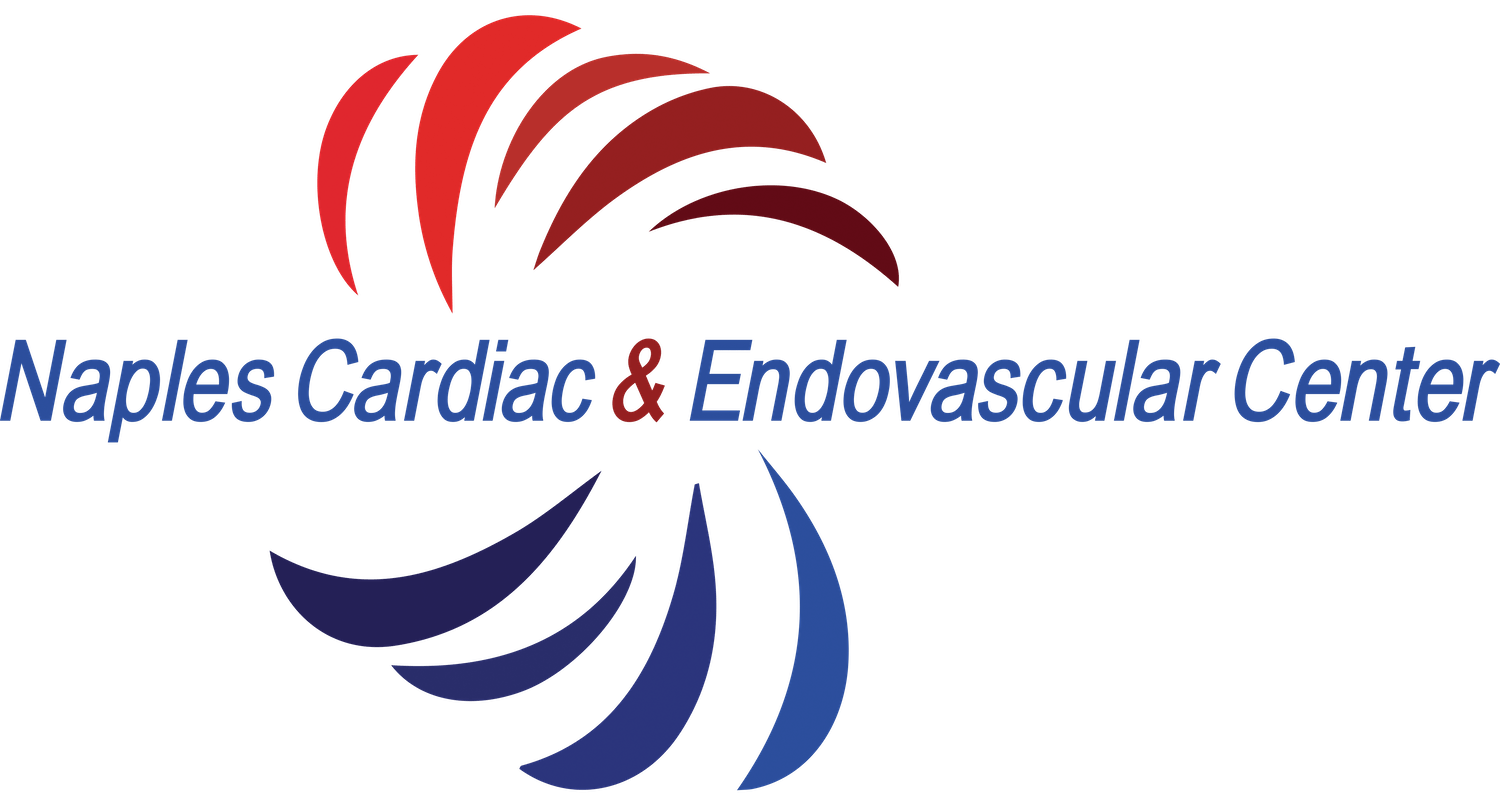- Home
- Arterial Disease
- Conditions
- Atherosclerosis
Atherosclerosis overview
Atherosclerosis (“Athero” gruel and “Sclero” hardening) is a chronic condition in which arteries harden as a result of plaque build up.
Symptoms of atherosclerosis
The amount of plaque build up in your arteries may result in a partial or complete blockage of the artery; symptoms may develop depending on the location and severity of the blockage. In most cases, atherosclerosis begins as a mild stage during which the patient may be entirely asymtpomatic.
What causes atherosclerosis?
The main risk factors for the development of arterial plaque build-up include smoking, elevated blood glucose levels, obesity, sedentary lifestyle, elevated cholesterol levels, elevated blood pressure levels and genetic predisposition.
How is atherosclerosis diagnosed?
When symptomatic, atherosclerosis can be identified by obtaining a detailed history and performing a detailed physical examination. Imaging tests such as the ankle-brachial index (ABI), vascular ultrasound, tomographic images (CAT scans), magnetic resonance imaging (MRI) may be necessary depending on your specific symptoms.
Atherosclerosis treatment options
Atherosclerosis is ideally managed by controlling or eliminating the etiology and risk factors. Recommendations may include blood pressure control, blood glucose control, elevated cholesterol reduction, complete tobacco cessation, increasing physical activity and consuming a plant-based diet. Prevention is key, it has been demonstrated that plaque formation can be halted, in some cases reversed, by controlling risk factors.
To request a consultation click below or call (239) 300–0586
More arterial disease information

















